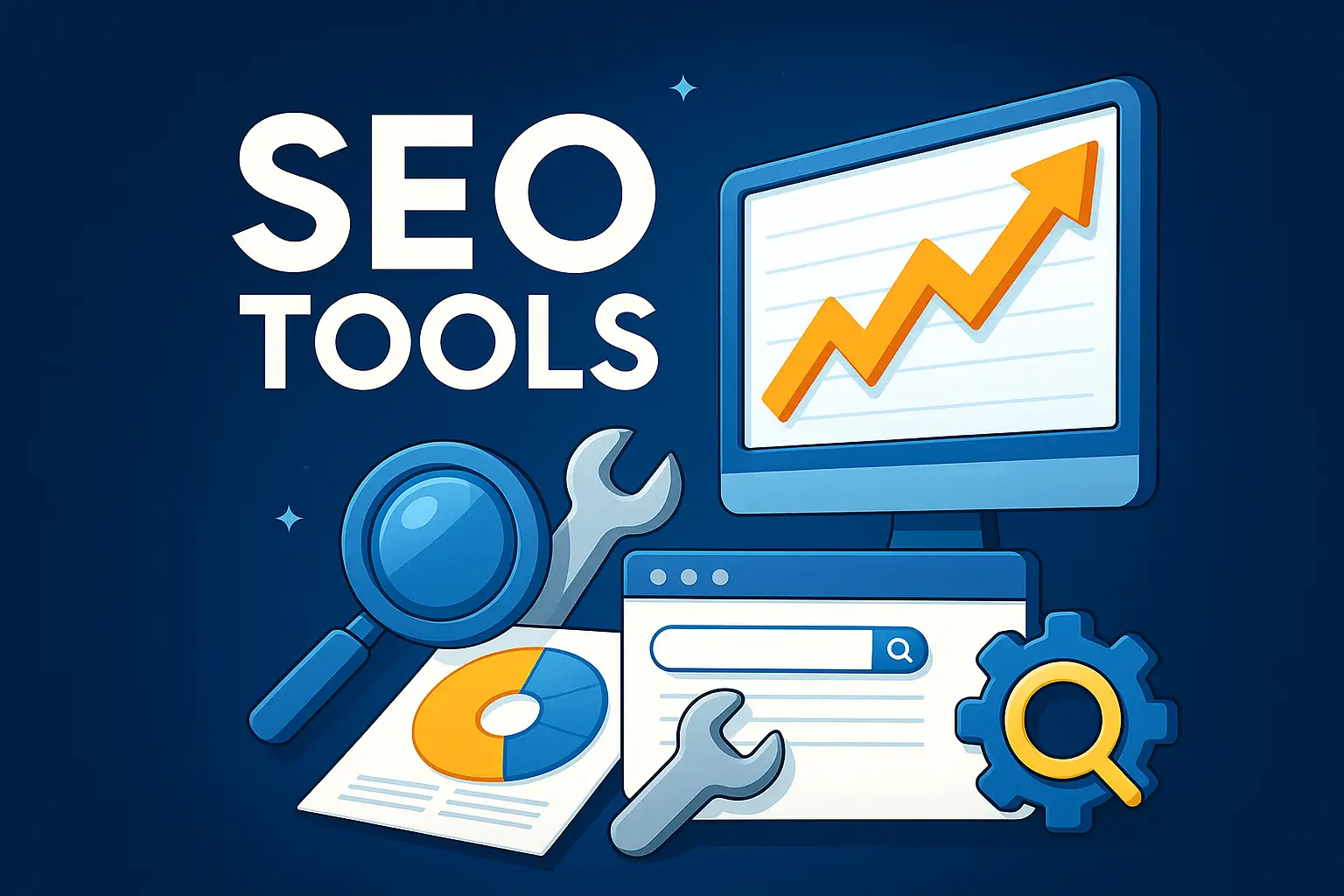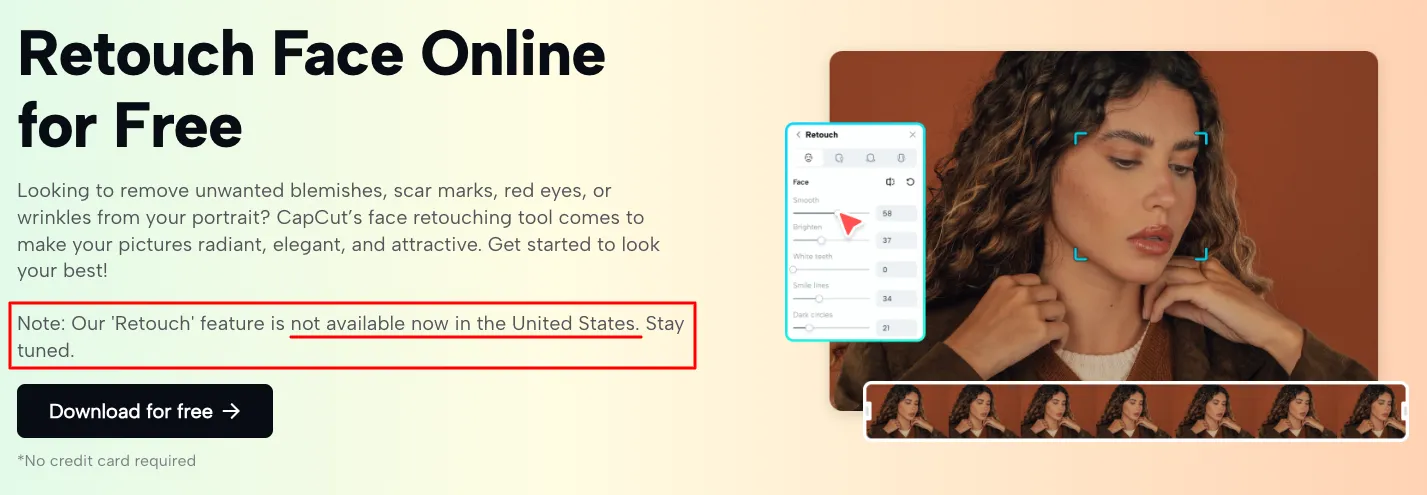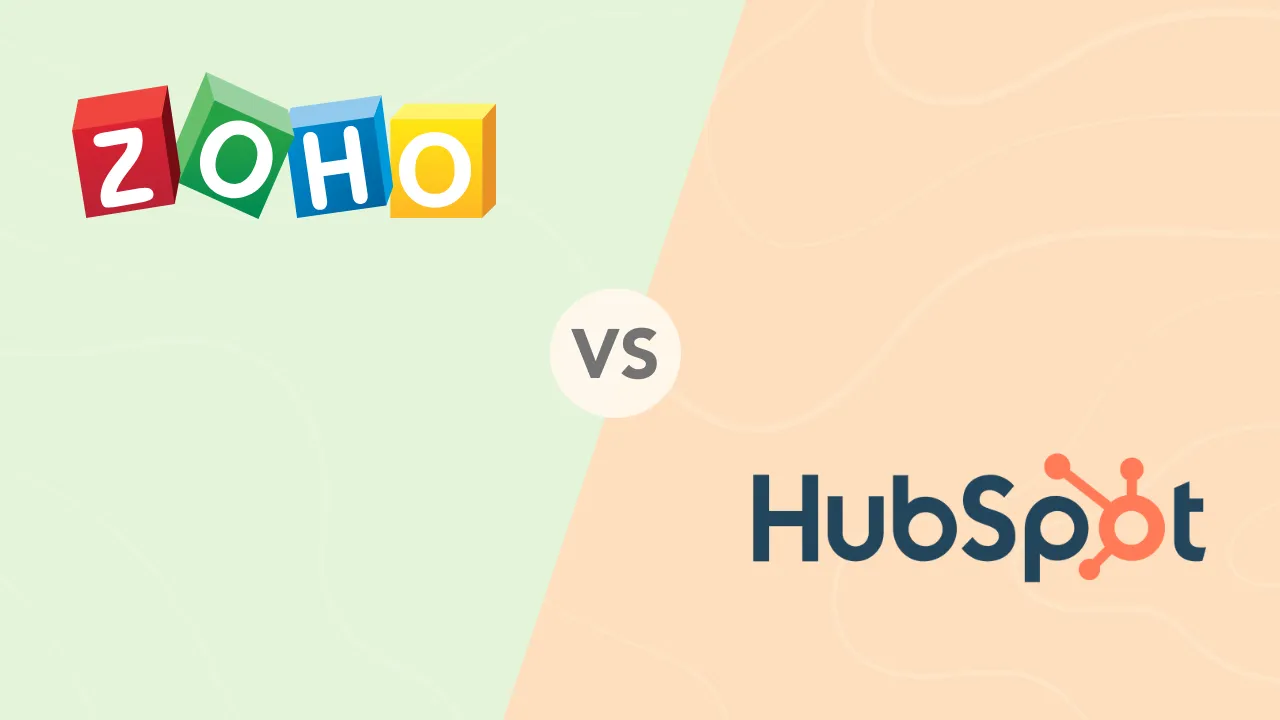SEO Best Practices That Drive Real Growth in

Search Engine Optimization (SEO) is the ongoing process of improving your website’s visibility in organic search results so you can attract more qualified visitors without paying for every click. In 2025, this will also include AI Optimization (AIO)—making your content easy for AI-driven tools like Google SGE and ChatGPT to understand and recommend.
When done right, SEO is like having a 24/7 digital salesperson who keeps attracting customers long after the work is done. Unlike paid ads, which stop the moment your budget runs out, strong SEO compounds over time.
Proof it works: Google’s case study on Saramin showed that after improving SEO foundations and content quality, they doubled organic search traffic, boosted sign-ups by 93%, and increased conversions by 9% – all without buying more ads.
Key Points for SEO Best Practices
- Create People-First Content (E-E-A-T) – Show real expertise, include author bios, and cite credible sources.
- Match Content to Search Intent – Align your page type with what the searcher needs (guides, product pages, comparisons).
- Strengthen Technical SEO – Ensure fast loading (under 3s), mobile-friendly design, HTTPS security, and clear site structure.
- Use Structured Data – Add schema for products, FAQs, and videos to earn rich results and AI-friendly formatting.
- Optimize for AI-Driven Search (AIO) – Write in clear, conversational language, use FAQ schema, and name specific entities.
- Earn High-Quality Backlinks – Gain links from trusted, relevant sites via research, partnerships, and guest content.
Why SEO Is Essential for Every Business Today
Imagine having a salesperson who works 24/7, never asks for a raise, and keeps bringing in customers month after month.
That is what SEO is.
Unlike paid ads, where the moment you stop paying the traffic disappears, SEO keeps delivering. One good page can bring in leads for years. When you start stacking multiple high-ranking pages together, the effect compounds – your traffic, brand recognition, and revenue all grow in sync.
Google’s own data shows that businesses who invest in SEO see sustained growth even in competitive markets. Take Saramin for example, after improving their SEO foundations and content, they doubled their organic search traffic, boosted new sign-ups by 93%, and increased conversions by 9% without buying more ads (Google Case Study).
The bottom line is that if you want your brand to be found when customers are actively looking, SEO is not just important; it is essential.
Understanding SEO
What is Search Engine Optimization (SEO)?
Search Engine Optimization (SEO) enhances a website’s visibility and ranking on search engine results pages (SERPs) through various techniques and strategies. SEO involves understanding how search engines work, what people search for, and the keywords and phrases they use. By optimizing a website for search engines, businesses can increase their online visibility, drive more traffic to their website, and ultimately boost their sales and revenue. SEO encompasses a range of activities, from keyword research and content creation to technical optimizations and link building, all aimed at improving a website’s performance in search engine rankings.
How Search Engines Work
Search engines like Google, Bing, and Yahoo use complex algorithms to rank websites based on relevance, content quality, and user experience. When a user enters a keyword or phrase into a search engine, the algorithm analyzes various factors to determine the most relevant results. These factors include the website’s content, structure, loading speed, mobile responsiveness, and overall user experience. The search engine’s goal is to provide the best possible results to the user, ensuring that the information presented is accurate, reliable, and useful. Understanding these algorithms and optimizing your website accordingly is crucial for achieving higher rankings and attracting more organic traffic.
Importance of SEO for Online Success
SEO is essential for online success because it helps businesses increase their online visibility, drive more traffic to their website, and boost their sales and revenue. By optimizing their website for search engines, businesses can:
- Increase Online Visibility: Appearing on the first page of search engine results can significantly enhance your brand’s visibility and reach a wider audience.
- Drive More Traffic: Higher rankings in search results lead to more clicks and visits to your website, increasing your chances of converting visitors into customers.
- Boost Sales and Revenue: Targeting relevant keywords and phrases helps attract potential customers who are actively searching for products or services like yours, leading to higher conversion rates.
- Improve Brand Reputation and Credibility: Consistently appearing in search engine results pages (SERPs) establishes your brand as an authority in your industry, building trust and credibility with your audience.
1. Create People First Content (E-E-A-T)
Google rewards content that is helpful, accurate, and written for humans – not just algorithms. This means showing Experience, Expertise, Authoritativeness, and Trustworthiness.
Best Practice:
- Include author bios and credentials
- Share first hand experience and case studies
- Use credible, cited sources
Why It Works: Searchers and search engines can tell when a page is genuinely helpful.
Sites that implemented E-E-A-T improvements often see faster indexing and better keyword stability, according to Google’s Helpful Content Guidance.
2. Match Your Content to Search Intent
Every keyword has a purpose – informational, transactional, or commercial investigation. If your content doesn’t match that intent, it won’t rank well or convert.
Best Practice:
- Use guides and tutorials for “how to” queries
- Use comparison pages for “best” or “vs” queries
- Use product or service pages for “buy” keywords
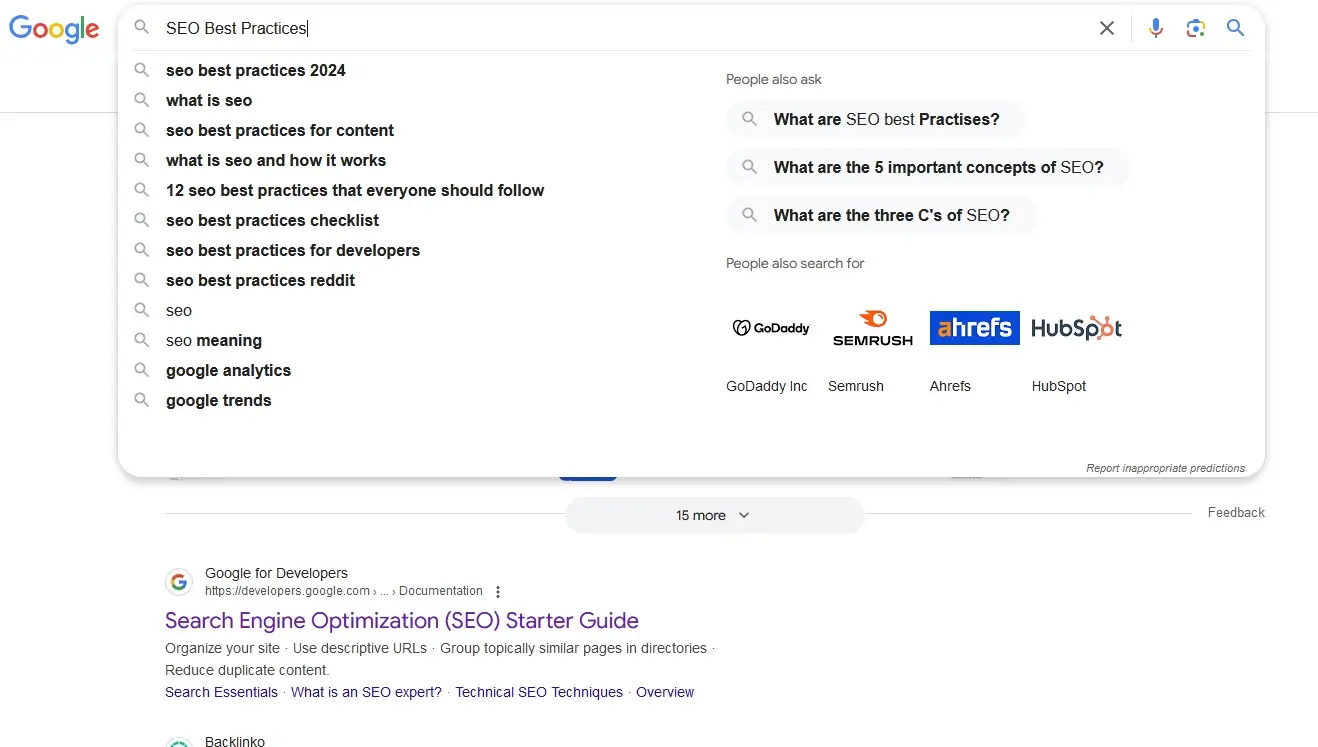
Why It Works: Alignment with intent improves relevance, keeps users on your page longer, and increases conversions.
Google’s Quality Rater Guidelines focus on “needs met” scores, directly tied to intent matching (Google Guidelines).
Related Articles



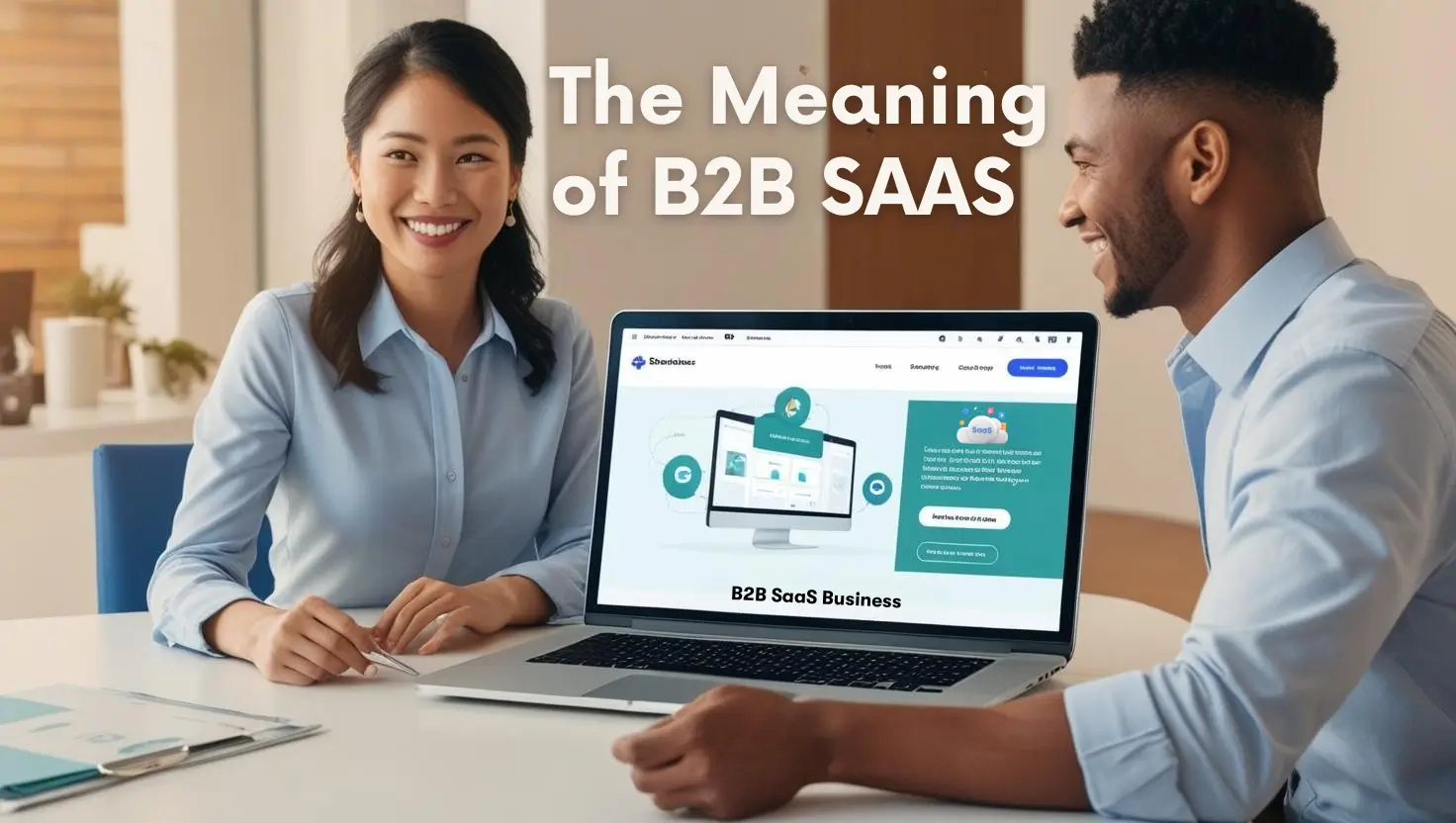
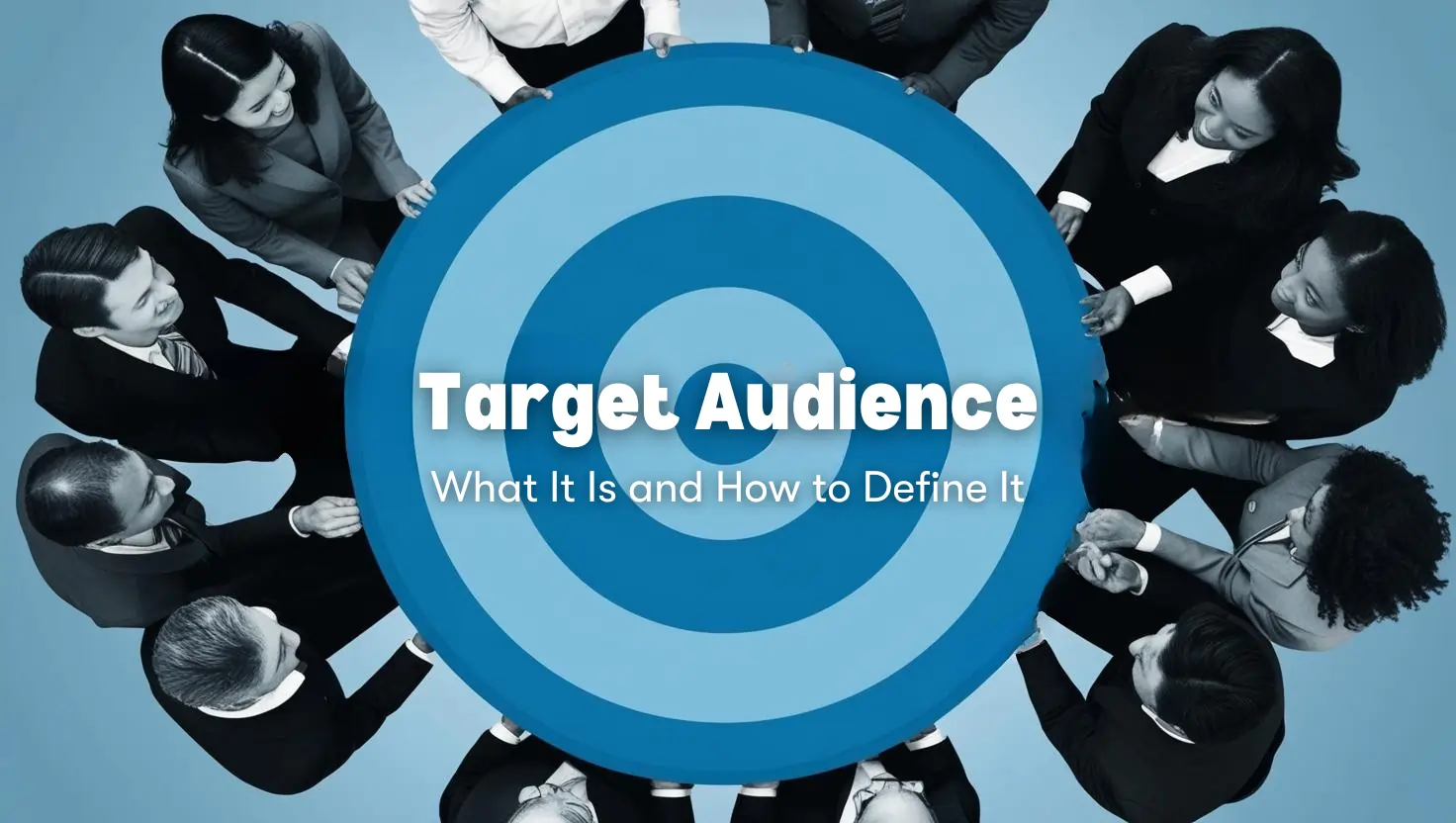

3. Build a Strong Technical SEO Foundation
Even the best content cannot rank if your site is slow or hard to use.
Best Practice:
- Load in under 3 seconds (check with Google PageSpeed Insights).
- Use HTTPS security.
- Make your site mobile responsive.
- Submit XML sitemaps in Google Search Console
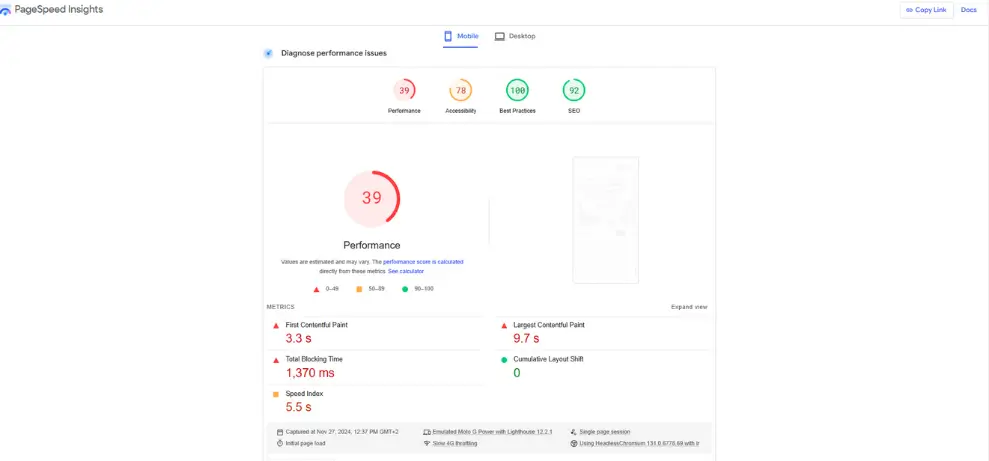
Why It Works: Good technical health ensures your site is crawlable and delivers a smooth user experience.
Core Web Vitals improvements often lead to measurable ranking gains (Google SEO Starter Guide)
4. Use Structured Data to Stand Out
Structured data (schema markup) helps search engines understand your content and display rich results like review stars, FAQs, and videos.
Best Practice:
- Add schema for products, articles, FAQs, videos, and events
- Test with Google’s Rich Results Test tool
- Why It Works: Rich results increase click-through rates and make your listing stand out in crowded search results.
Why it works: Rich results grab attention, increase click-through rates, and help your content appear in new features like Google’s AI-powered answers.
MX Player added structured data and video sitemaps, tripled organic traffic, and doubled video page views per session (Google Case Study).
5. Optimize for AI-Driven Search (AIO)
AI-powered search is changing how people discover information. Google SGE, ChatGPT, and similar tools pull concise, structured answers.
Best practices:
-
Write in natural, conversational language
-
Use clear headings and bullet points
-
Add FAQ schema so AI can pull direct answers
-
Name specific entities (brands, locations, products) for context
Why it works: The cleaner and more structured your content, the easier it is for AI to surface it in answers.
Pages with clean Q&A formatting and schema are more likely to appear in AI summaries (Google Structured Data Guidance).
6. Earn High Quality Backlinks
Backlinks from reputable websites act as votes of trust and help you rank higher.
Best Practice:
- Publish original research or data
- Contribute guest posts to industry sites
- Build partnerships for content collaboration
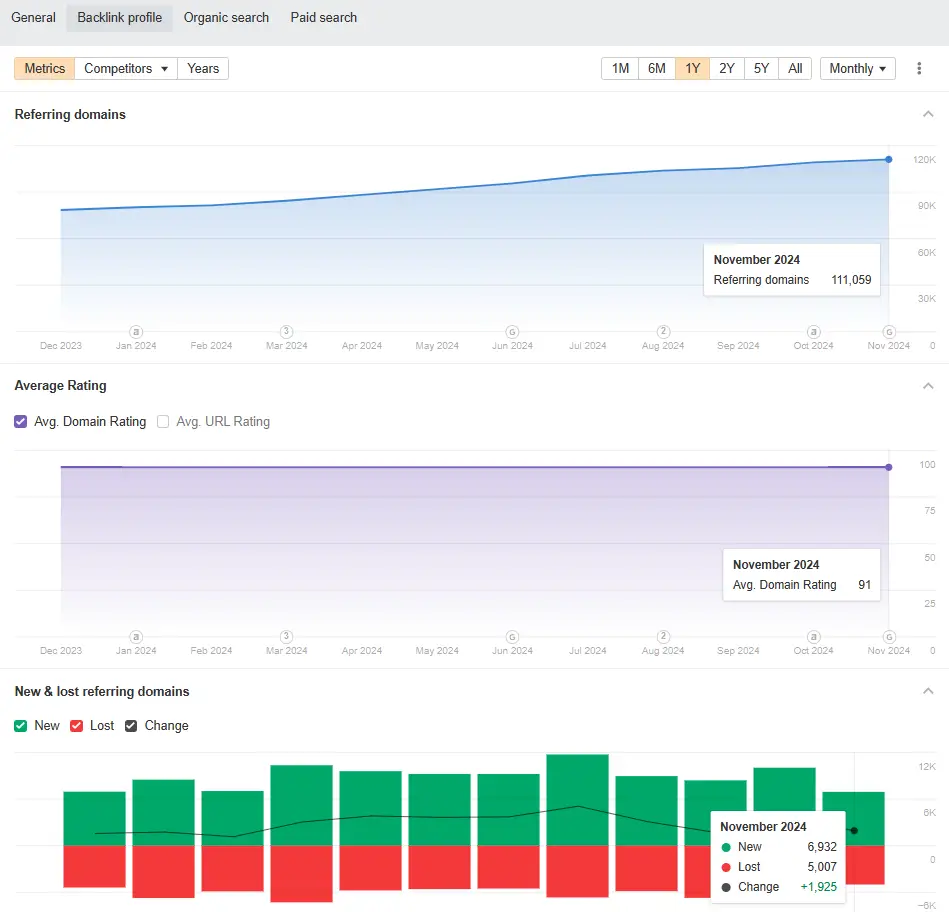
Why It Works: Quality backlinks remain one of the strongest ranking factors in Google’s algorithm.
A B2B brand that earned industry backlinks through research saw a 60% traffic increase in six months (Google Search Essentials).
The Bottom Line on SEO Best Practices
Following SEO best practices is not about tricking search engines – it’s about building a website that consistently delivers value to your audience.
When you combine people-first content, intent matching, technical excellence, structured data, AI-friendly formatting, and authoritative backlinks, you create a long-term growth engine.
The beauty of SEO is that competitors can’t just buy their way past sustained, high-quality work. Once you own your rankings and reputation, you hold the advantage – as long as you keep delivering value.
FAQ
- What are the most critical SEO best practices right now?
Prioritize E-E-A-T content, matching user intent, strong technical SEO, structured data, AI-friendly formatting, and earning quality backlinks. - How can I uncover strong content topics?
Look for recurring keyword themes in forums and comments to identify user pain points, common questions, and search intent. - Are long-tail keywords still worth targeting?
Yes—especially for capturing voice search and AI-generated queries. Long-tail queries often show higher conversion potential. - Which technical issues should I fix first?
Key priorities: site speed, mobile responsiveness, secure HTTPS, and crawlability (handled via XML sitemaps and error-free navigation). - How do I earn backlinks in 2025?
Create content that’s genuinely valuable: original research, in-depth guides, or highly shareable visuals. Then reach out or share where relevant. - Should I optimize for AI search tools differently?
Yes—format your content with clear headings, bullet lists, FAQ-style answers, and entity naming; this improves AI extraction and visibility. - How frequently should I refresh my top SEO-driven pages?
Every 3–6 months: update facts, examples, visuals, and internal links to maintain relevance and rankings. - Can FAQ schema still help SEO now?
Absolutely—FAQ schema boosts your chances of appearing in rich search features and AI-generated answers, improving CTR and engagement. - How do I balance SEO with user experience?
Optimize for both: fast load times, readability, conversational tone, and structured layouts ensure both search engines and users benefit. - How do I test if my structured data is working?
Use Google’s Rich Results Test to validate schema markup, then monitor Search Console for rich result impressions and clicks.
